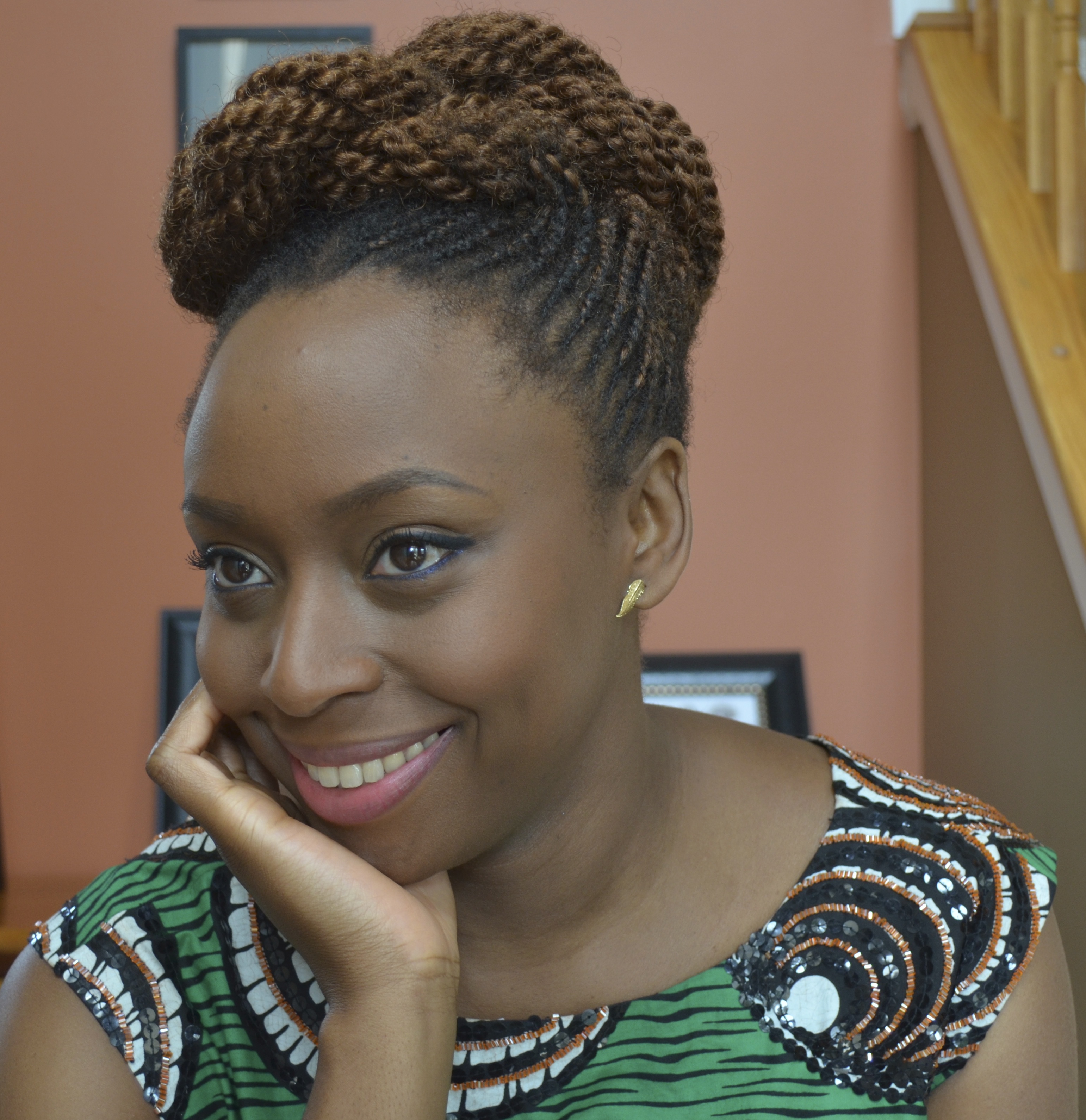Since the release of Windows 8, Microsoft users have been itching for the next generation of Windows. You might expect Windows 9 to be the next operating system on the list, but Microsoft says that with such huge changes, they’ve decided to name the OS Windows 10 to signify that it’s a leap from Windows 8, not just an increment in the system.
Users are hoping that Windows 10 lives up to this claim, and many believe it will do so. TechRadar reports that they feel Windows 10 is coming along well, and CNET says Windows 10 “may just be everything that Windows 8 should have been.”
Unveiled in September, 2014, Windows 10 should be out by the end of July according to rumors (there is no confirmed release date as of writing this). Also good news: Windows 7 and Windows 8.1 users will be able to download the new OS for free within the first year! Want to see what this new operating system is like? Check out what you can expect from Windows 10 below.
1. The Traditional Start Menu Will Return
Let’s be honest. Not too many people were thrilled with the Windows 8 start menu on desktop. Microsoft listened to these complaints, and they’re bringing back the traditional start menu for Windows 10 all while integrating a usable menu for smaller mobile devices. This start menu will bridge the gap between the Windows 8 tiled version and the classic version by displaying the two side-by-side all without leaving your desktop.
2. The Continuum Feature Will Adapt Your Screen to Your Environment
While the classic start menu is great for desktop computers, it isn’t exactly a friendly choice for smaller touch-screen devices. That’s why when you’re in tablet mode, you’ll be able to view the start menu in a full-screen touch-friendly environment. You can even toggle your device between tablet and laptop mode for those devices that double as both using the Continuum feature.
Continuum will allow you to adapt any device to its environment. For instance, if you plug in your phone to a monitor via HDMI, your phone’s screen will switch to desktop mode to make navigating your presentation easier.
3. Cortana Will Be Your New Personal Assistant
With the Windows 10 release, Cortana is coming to desktop. This voice assistant will be accessible near the start menu on the bottom left corner of your screen, and you can call her up by saying, “Hey Cortana.” Pop-up notifications will then be displayed, and you’ll be able to search your OneDrive or hard drive. If you don’t want to use voice commands, you can type commands in the search bar.
4. Internet Explorer Will No Longer Be Your Go-To Browser
While Internet Explorer won’t go away – it will still be available for sites where you need it – Microsoft is introducing a new web browser with Windows 10 called Microsoft Edge. This new browser will essentially be a safer, faster, and cleaner version of Internet Explorer complete with new apps like Cortana. You’ll also be able to annotate websites and send them to others in “reader” view. Like older Windows operating systems, you can still download Chrome, Firefox, and other browsers if you’d like.
5. Snap Quadrants Will Allow You to Work With Four Apps at Once
Do you hate toggling between apps to get to work? While previous Windows operating systems offered split screen options, Windows 10 features “Snap” quadrants that will make it possible to work with four different apps at once!
6. You’ll Be Able to Create Multiple Desktops
Have several big projects going on at once? No longer do you have to open up a ton of apps for multiple projects and have them all overlap. Instead, Windows 10 will allow you to create multiple desktops so you can organize the apps you’re currently using for each project.
7. Task View Will Make Managing Your Desktops Easy
To make managing your projects easier, the new “Task View” button makes getting from one desktop to the other simple. This button is anchored to your Taskbar and allows you to manage your current desktops, move apps between desktops, and easily switch between applications.
8. The Gaming Experience Will Change Slightly
Among Windows 10 changes, they’re bringing back the popular Solitaire by default, so you don’t have to worry about installing that from the App store. Windows 10 will also be closely integrated with Xbox, which will allow you to stream games from Xbox to your PC as well as play Xbox users on the same game (for select games).
9. You’ll Have Access to iOS and Android Apps
Microsoft’s list of apps is likely to explode when the Windows 10 update hits. That’s because with the new OS, it will take just a few clicks to turn Android and iOS apps into Windows apps. With around only 300,000 apps right now in the Windows store, these numbers could sour over 1 million thanks to Windows 10, opening Windows users to tons of new opportunities.
10. Microsoft HoloLens Will Work With Windows 10
The future of holographic computing is practically here. With Windows 10 will also come the release of the first holographic computer that will transform your world. Microsoft HoloLens is rumored to be released around the same time as Windows 10, and it will run on Windows 10.
Windows 10 will bring enhanced productivity on all devices – from desktop to mobile. If you want to see what the OS is capable of, you can download the preview version now.
